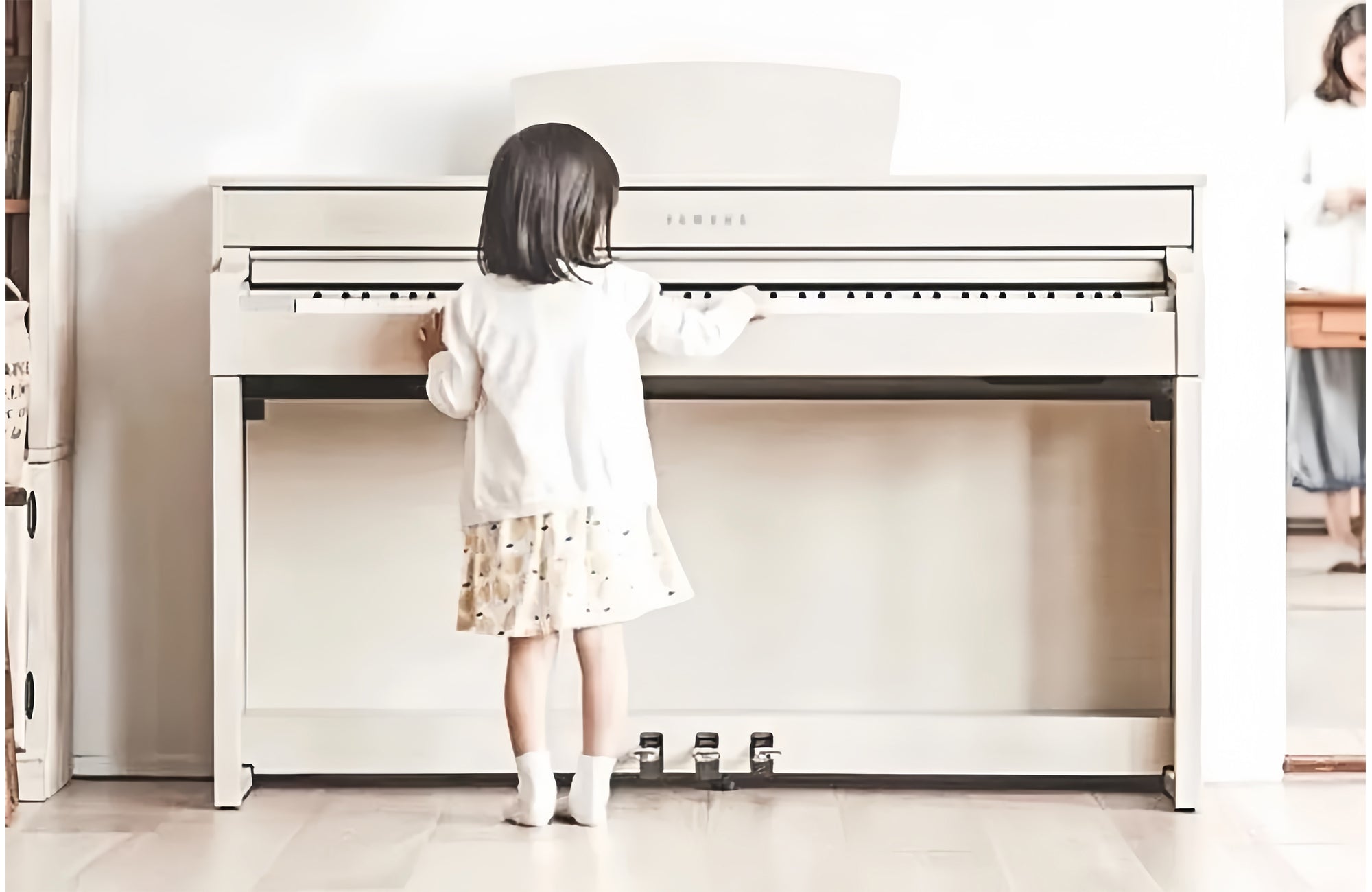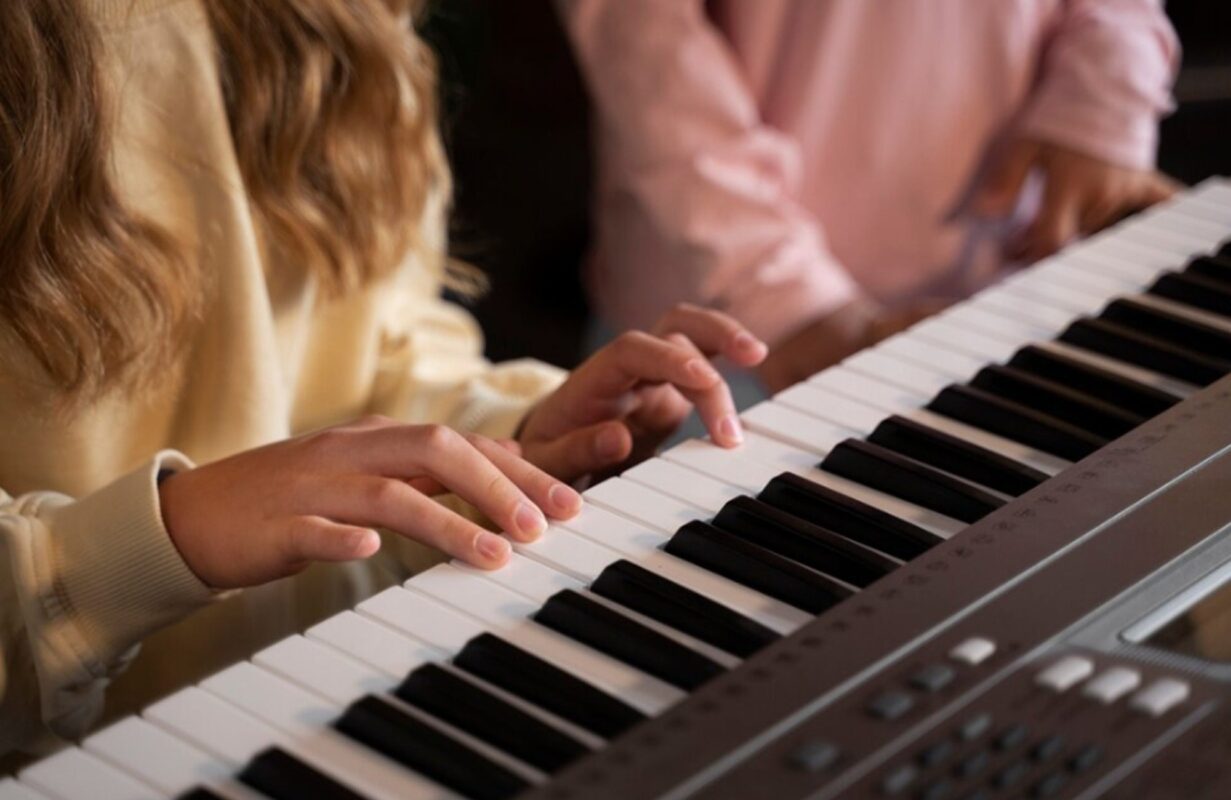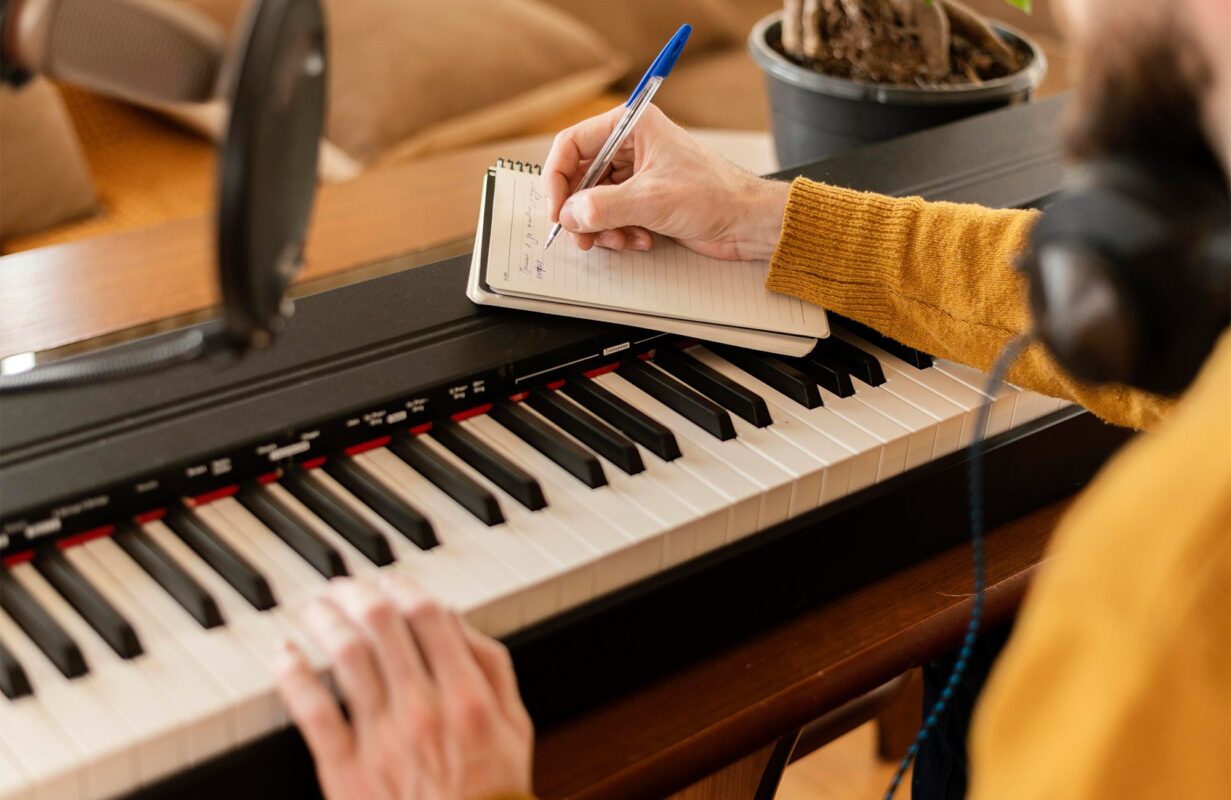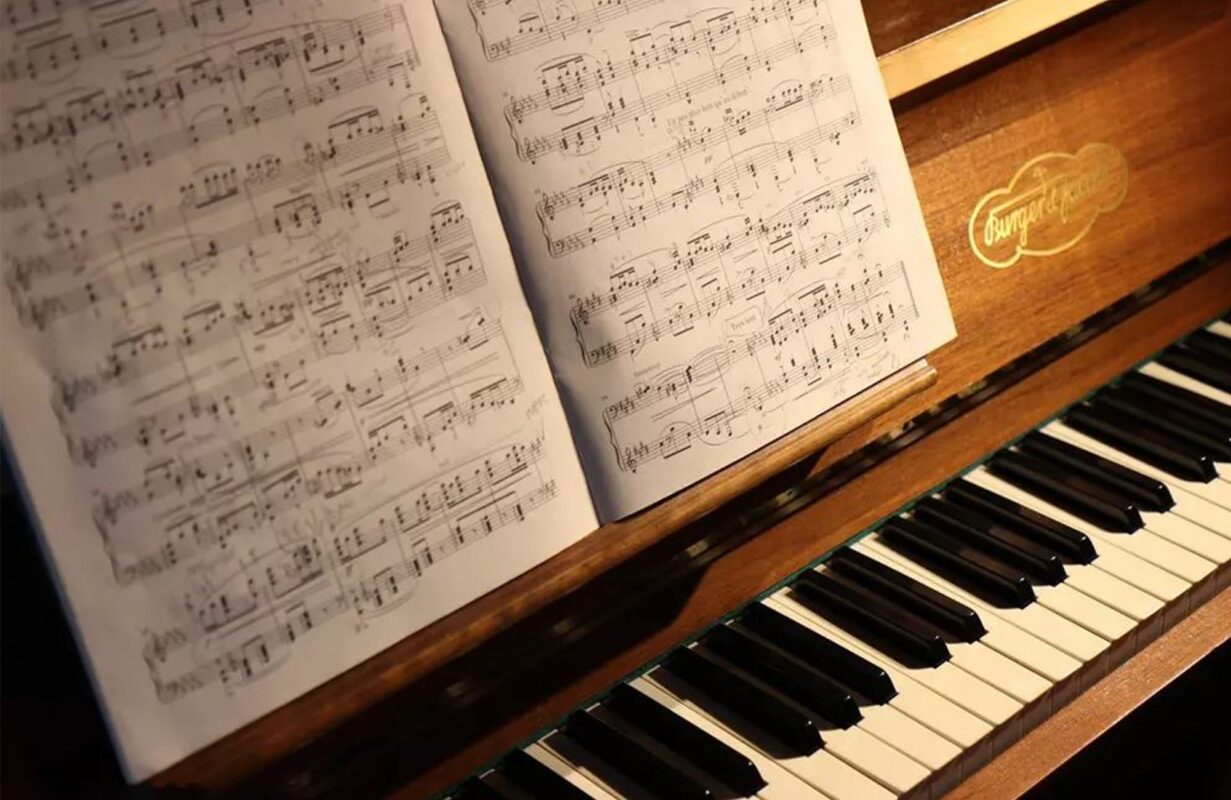1. Unclear goals
The heart of learning piano should always be steadfast: to establish a solid foundation, master various techniques and performance skills, and present the best music on one’s own stage.

2. Impatience for quick results
Many piano beginners want to achieve a master-level performance from the start, without laying a solid foundation and rushing to learn flashy playing techniques.
3. Lack of focus
During piano practice, being in a relatively quiet environment is important, as various external factors can easily disrupt concentration and prevent entering a productive practice state.

4. Ignoring sheet music
Beginners should prioritize reading sheet music, with memorization as a supplementary practice. Developing the habit of reading sheet music in the early stages of practice helps memorize musical notations, rhythms, and symbols, greatly aiding in sight-reading and quicker memorization of pieces.
5. Mindless practice
Playing the piano requires more than just hand-eye coordination; it also involves coordination between the brain and ears. The brain directs coordination across various aspects of playing.

6. Only playing favorite pieces
While playing popular songs may be more enjoyable than practicing tedious exercises or complex classical pieces, mastering the fundamentals allows for effortless playing of various genres.






























